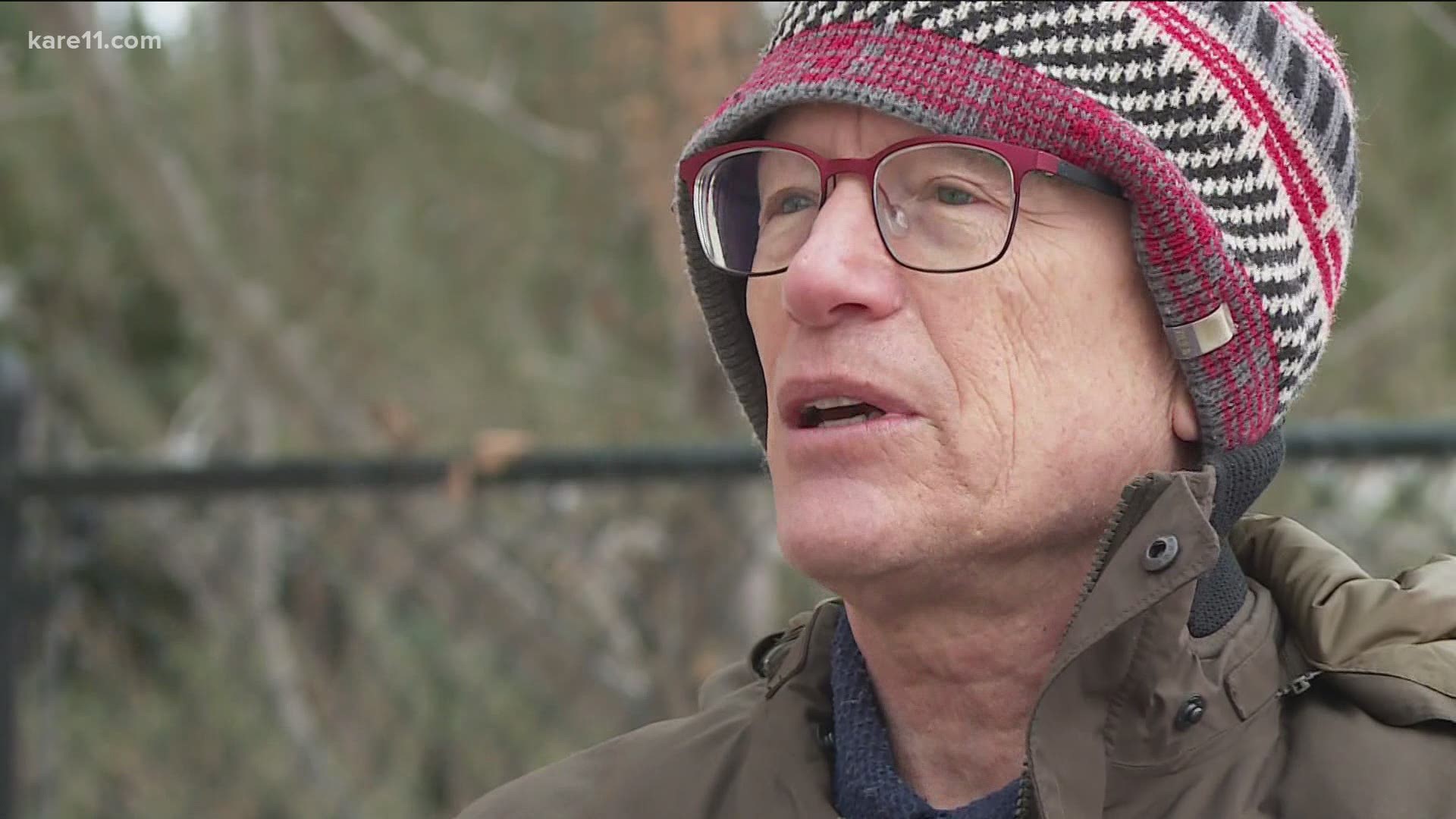MINNEAPOLIS — With the federal government beginning to increase the amount of COVID-19 doses sent to states, new focus is being placed on making sure there are enough people trained to give the shots when they arrive.
The head of the White House task force says retired doctors and nurses will play a key role in that distribution effort and today the Department of Health and Human Services announced upcoming changed to the Public Readiness and Emergency Preparedness Act (PREP Act) to make sure the retired professionals have the clearance to help.
In Minnesota, several retired doctors and nurses say they're more than willing to help, but the phone has yet to ring.
"I had reached out early on in the pandemic," said David Parker, a retired physician from Minneapolis. "but then never heard anything."
Parker says he's encouraged by the news that HHS is about to make it easier for retired doctors and nurses to administer vaccines. He was also excited to hear State Health Commissioner Jan Malcom say recently that the state may enlist a volunteer health corps to help with vaccinations.
But in a new op-ed published in the Star Tribune, Parker argues that Minnesota needs to start getting volunteers on board now.
"Otherwise, if we start preparing in four weeks or six weeks, then it's going to be six more weeks after that until we're ready to go," Parker said.
He says the volunteer organization will take time for several reasons. Even experienced doctors and nurses will need training on the new vaccines. Parker says it will also take time to sort out liability coverage and issues that might arise with licensing that might have lapsed. Most importantly, he says most volunteers will be in the 65 and over age group, and in need of the vaccine themselves.
"I don't think there are any of us who would want to go out and spend time in communities if we, ourselves, have not been immunized," Parker said, adding that it will be several weeks before everyone can get the required two doses.
Once trained, cleared and vaccinated, David says volunteers could be critical in several ways. Not only could they help staff mass vaccination sites, he says they could also help with more targeted efforts in rural or underserved communities, helping those who are most vulnerable.
RELATED: Six questions: COVID-19 vaccination answers in a time of short supply, confusing pilot program
"If they are 75 and they're not fully mobile, how are they going to be able to get to these sites? How are we going to deal with populations where there is limited mobility?" Parker said. "Bottom line is, I think many of us want to help. I know I'm not alone. In fact, I've already had emails from people who I don't even know, saying, 'Thank you for writing that. We're happy to help and we, too, have been frustrated trying to be of assistance.'"
He's not just hearing from volunteers. Parker says his article appears to be bringing the issue into focus at the Health Department as well.
"I've actually already gotten a letter, a note from somebody at the Health Department, saying the message has been sent to the people who are in charge of some of these programs, so I do think that folks want to know," he said.

